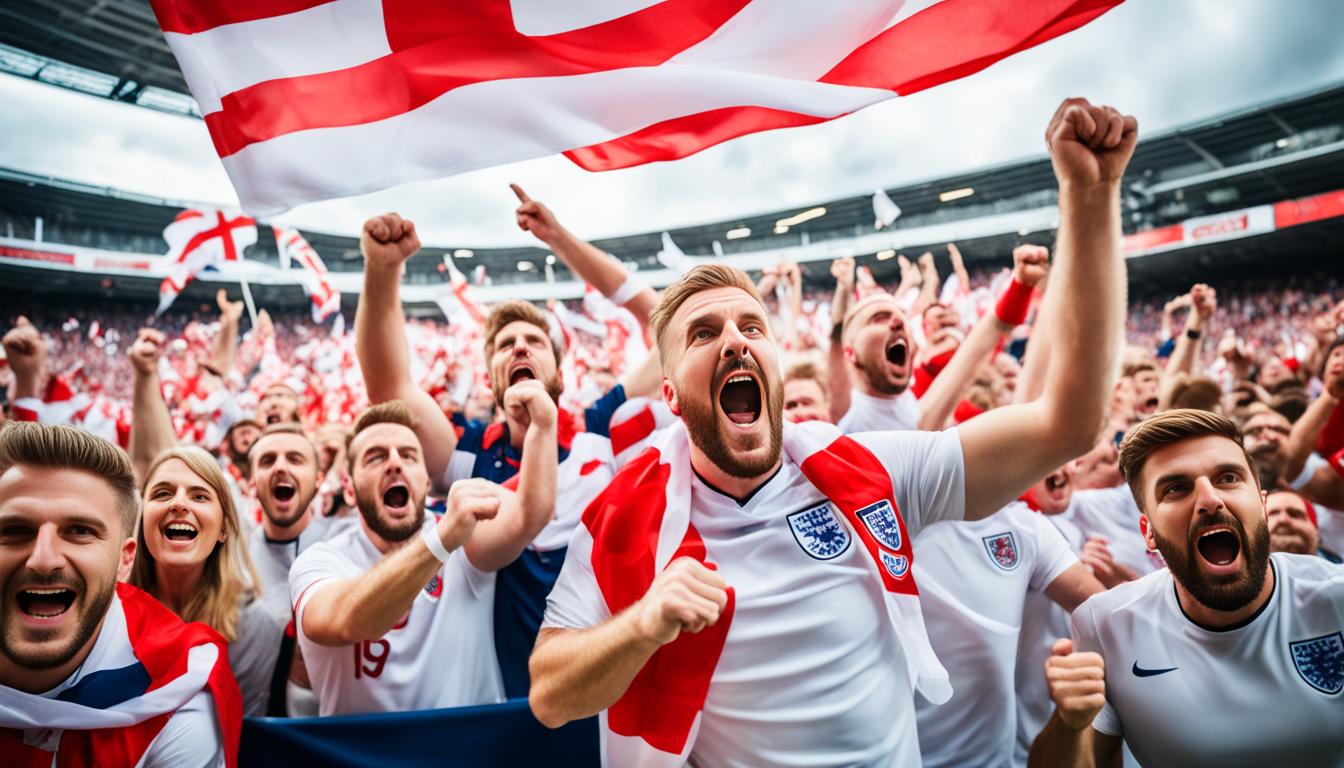
“The more difficult the victory, the greater the happiness in winning.” – Pele. This quote captures the essence of England football’s rich history, where each triumph and trial has shaped the legacy of the Three Lions. From their origins in the 19th century to their formidable presence on the global stage, the journey of the England national football team is about much more than just scores and trophies. It reflects a deep cultural identity, igniting passion in supporters around the world and carving a place in modern soccer history.
The Three Lions first entered the World Cup arena in 1950 and have since showcased their talents in 16 of the 19 post-war finals tournaments leading up to 2022. Their crowning achievement came in 1966 with a remarkable World Cup victory that placed them among the only eight nations to have ever claimed this prestigious title. Throughout their journey, England has faced formidable challenges, having reached the semi-finals on three definitive occasions in 1966, 1990, and most recently in 2018. However, it’s worth noting the struggles, as they also hold the record for the most quarter-final exits, highlighting a complex narrative enriched with both glory and heartbreak.
As we delve deeper into the story of England football, we discover how the current generation, guided by Gareth Southgate, continues to evolve the Three Lions, poised to make further strides on the international stage while inspiring the next wave of talent.
Key Takeaways
- England has participated in 16 World Cups since 1950, winning their first and only title in 1966.
- The Three Lions reached the semi-finals of the World Cup in 1966, 1990, and 2018.
- Gareth Southgate has managed England through significant moments, including their runner-up finish at UEFA Euro 2020.
- England’s historical challenges include being eliminated from the World Cup quarter-finals more than any other nation.
- Harry Kane is England’s top goalscorer, showcasing the talent within the current squad.
- The national team’s evolution continues as they aspire for success in the 2026 World Cup and beyond.
The Origins of England Football
The origins of football in England trace back to a rich tapestry of events, beginning as early as 1409 when King Henry IV issued a proclamation banning the game referred to as “foteball.” This early mention highlights the longstanding presence of a sport that would evolve into one of the most beloved pastimes. Fast forward to 1710, university statutes began to illustrate the popularity of “Foot-Ball” among students, revealing a cultural significance even in academic circles.
By the 1800s, the British Empire propelled the spread of football, using it as a medium to instill values of order and discipline. Joseph Strutt noted in 1801 that the sport was “much in vogue among the common people of England.” This grassroots support led to public schools creating their variations of football, often known by names associated with each institution, such as Eton and Winchester.
The formation of the Football Association (FA) in 1863 marked a pivotal moment in England national team history. The FA introduced structured regulations and laid down the first official rules of the game. Sheffield Football Club, established in 1857, holds the title of the world’s oldest association football club, signifying the deep roots football has in English culture.
During the late 19th century, the sport flourished with the FA’s introduction of the FA Cup in 1871 and the establishment of the English Football League in 1888. These developments fueled competitive play and brought attention to the England national team, paving the way for its first international match against Scotland in 1870.

The Rise of the Three Lions in International Competitions
The journey of England’s national football team, known as the Three Lions, began with their first international match held on November 30, 1872. This historic event set the stage for a nation eager to establish itself on the world football scene. The match against Scotland, famously referred to as the Scotland match 1872, ended in a scoreless draw but was monumental in solidifying England’s place in the international football community.
First International Match: A Historic Beginning
In their inaugural game, England donned the iconic Three Lions crest, a symbol rooted in English history. This emblem dates back to the 12th century, linked to the English monarchs and popularized by Richard the Lionheart. The first international match demonstrated not only a competitive spirit but also the emerging identity of English football. The match, played at Hamilton Crescent in Glasgow, represented much more than just a game; it was a bold statement of intent for future major tournaments.
Participation in the FIFA World Cup: A Timeline
England made its entry into FIFA World Cup history in 1950. Since that debut, the team has seen varying degrees of success across numerous tournaments. With a total of 16 appearances in 19 post-war competitions, the hallmark achievement remains their triumph in 1966. This victory not only secured their place in football folklore but ignited a passion for the sport nationwide.
Notable moments in England World Cup participation include thrilling semifinals in both 1990 and 2018, showcasing the team’s resilience and skill. Despite facing challenges like quarter-final exits on multiple occasions, the timeline of England’s journey reflects the determination and evolution of the Three Lions in the international arena.

The 1966 World Cup: England’s First Triumph
The 1966 World Cup stands as a remarkable chapter in England football history. This tournament, held in England, culminated in a dramatic final on July 30, 1966, at Wembley Stadium in London. The atmosphere was electric, with a crowd of 96,924 in attendance, all eager to witness their nation’s aspirations for glory.
England faced West Germany in the final, and the match delivered some of the most iconic moments in football. After a gripping contest that ended 2-2 in regulation time, England pulled ahead in extra time, ultimately securing a 4-2 victory. Geoff Hurst etched his name in history by scoring a hat trick, becoming the first player to achieve this feat in a World Cup final. His final goal came about one minute before the end of extra time, a pivotal moment that symbolized England’s remarkable journey to their first and only World Cup title.
Throughout the tournament, England exhibited a formidable defense, winning all three of their group stage matches without conceding a goal. The team’s successes included thrilling victories over Argentina in the quarter-finals and Portugal in the semi-finals, showcasing their potential on the world stage. This victory not only marked the pinnacle of England football history but also ignited a wave of national pride and unity among fans and players alike.
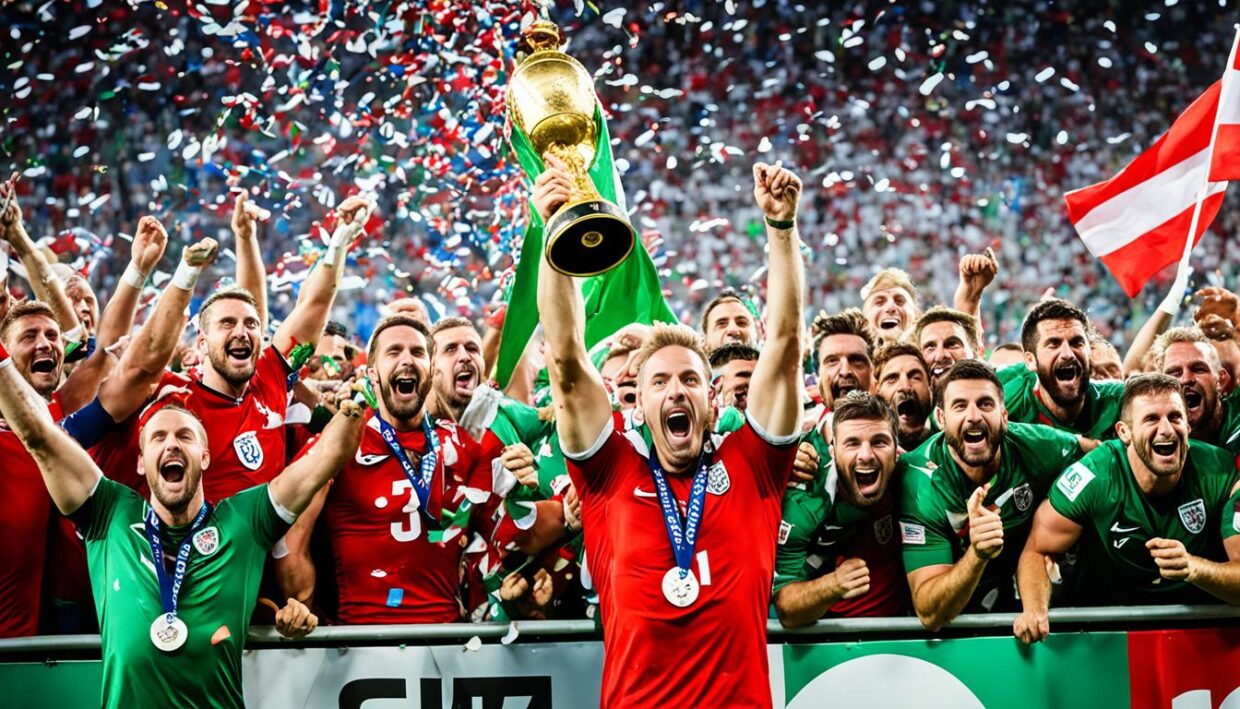
As Bobby Moore lifted the Jules Rimet Trophy in celebration, the emotional impact of the day was palpable. The scene became etched in memory, with fans sharing hugs and celebrating in the streets, highlighting the profound cultural significance of this moment. The 1966 World Cup victory remains a defining event, celebrated not just for the title but for the unity it fostered across the nation, creating lasting memories that would resonate through generations.
Gareth Southgate’s Appointment as England Manager
Gareth Southgate’s England manager appointment in 2016 marked a pivotal moment for the national team. Taking over after the resignation of Sam Allardyce, Southgate stepped into the role amid football controversies surrounding the previous manager’s short tenure. Initially serving as interim manager, Southgate led England to impressive showings against teams like Scotland and Spain, which set a foundation for his eventual promotion to a permanent manager role.
A Controversial Start
Southgate’s early days were fraught with mixed opinions. Despite the challenges, he navigated them with a focus on team cohesion and tactical acumen. His brief yet impactful coaching history with the Under-21 team provided him the insight needed to address immediate concerns within the squad. The England team development began to take shape under Southgate, aiming to establish a new identity for the Three Lions. His approach centered around cultivating a competitive spirit while prioritizing sportsmanship, fostering trust between players and fans alike.
Path to Permanent Manager
Following a successful interim period, Southgate transitioned into the Southgate permanent manager role, officially signing a four-year contract. His commitment to player development became apparent as he consistently selected emerging talent, embodying a fresh philosophy for the England team. This strategy not only secured impressive results but also demonstrated Southgate’s ability to build a united squad capable of thriving in international competitions. His tenure ultimately led England to significant achievements, including multiple tournament appearances and a revitalization of the team’s competitive edge.

Analyzing Southgate’s Tenure: The Journey So Far
Gareth Southgate has significantly shaped England football during his nearly eight-year tenure as manager. Achievements during this period have included key victories that defined the team’s recent history, creating memorable England football moments that fans treasure. The Southgate record showcases a remarkable transformation, including England’s first European Championships final appearance and reaching the final match of a tournament on foreign soil. Southgate’s tactical approach has consistently led to impressive performances, with nine knockout match wins, a stark improvement compared to prior years.
Key Wins and Defining Moments
Southgate’s managerial legacy features several pivotal matches that bolstered England’s reputation. Victories against formidable teams such as Colombia in the 2018 World Cup and Switzerland during a tense penalty shootout highlighted the squad’s growing confidence under pressure. Noteworthy players like Jude Bellingham, Bukayo Saka, and Ollie Watkins contributed significantly to these wins. The exceptional resilience displayed by the team during Euro 2024, characterized by a 100% record in the group stage without conceding a goal, illustrated Southgate’s focus on building support through defensive solidity and tactical discipline. Notably, England averaged less than 40% possession even when leading, indicating room for improvement in maintaining control during matches.
Fan Reactions and Support
The journey under Southgate has had its ups and downs in terms of fan engagement. Early successes inspired a wave of support, particularly after reaching the semifinals in 2018 and competing in the Euro 2020 final. Yet, moments of disappointment, such as the loss in the Euro 2020 final, have led to varying sentiments among supporters, showcasing the passionate nature of England’s fan base. Southgate gained popularity for his respectful management style, prioritizing players’ personal circumstances and fostering a culture of unity within the camp. This approach has eventually led to strong fan support, reinforcing his image as a leader capable of nurturing talent and promoting an inclusive atmosphere within the team.
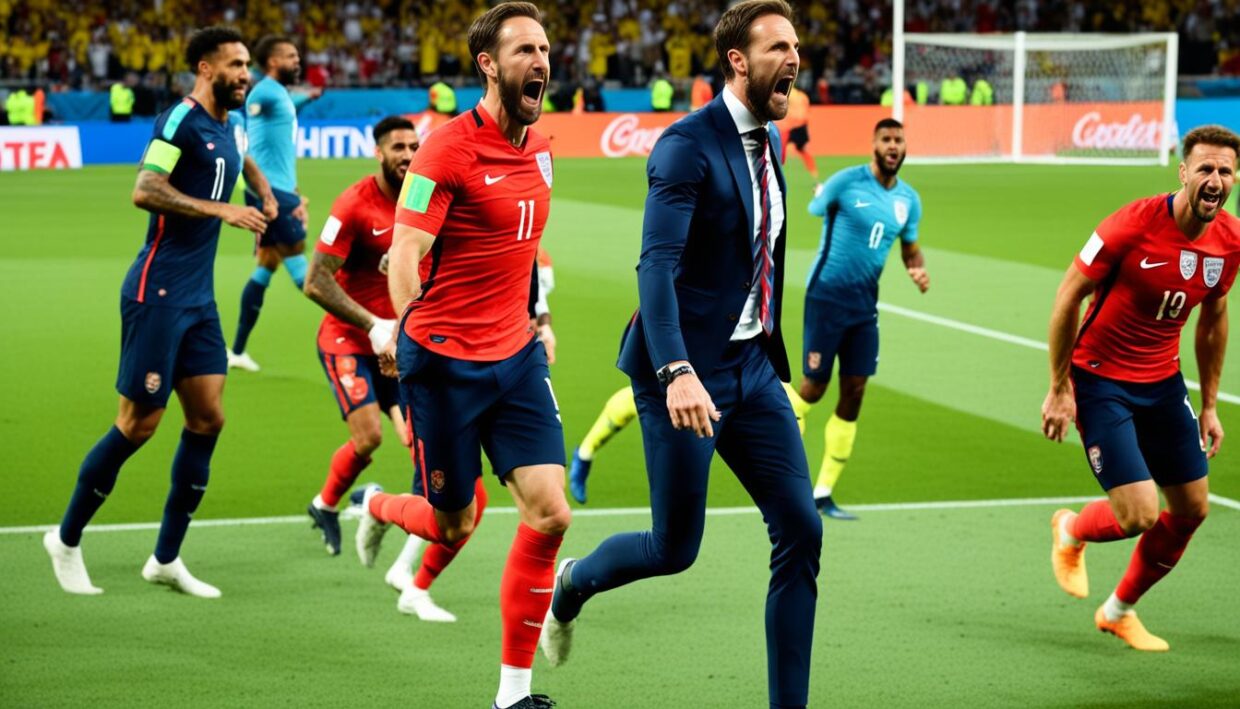
England’s EURO 2020 Campaign: Near Glory
England’s journey in the delayed EURO 2020 tournament captivated fans with unforgettable matches, showcasing the team’s potential and unity. As the squad advanced through the competition, they fought hard against formidable opponents, demonstrating tactical prowess and resilience under pressure.
Memorable Matches Against Strong Opposition
England’s EURO 2020 performance included key victories that reignited national pride. The team faced Germany in a historic knockout match, defeating the long-time rivals 2-0, reigniting hopes of glory. Another standout moment came during the semi-finals against Denmark, where a hard-fought win in extra time showcased the squad’s tenacity to secure a place in the EURO 2020 final.

Penalty Shootout Heartbreak in the Final
The anticipated EURO 2020 final against Italy ended in heartbreak, with England suffering a 3-2 defeat in a penalty shootout following an early lead. Southgate’s decisions came under scrutiny, especially concerning crucial substitutions and tactical adjustments made during the match. The penalty shootout loss not only tested the team’s resolve but also highlighted areas for growth in their quest for future success.
| Match | Result | Key Moment |
|---|---|---|
| England vs. Germany | 2-0 Win | Historic Victory |
| England vs. Denmark | 2-1 Win (AET) | Extra Time Heroics |
| England vs. Italy (Final) | 2-3 Loss (Penalty Shootout) | Heartbreaking Penalty Loss |
As the dust settles from the tournament, the unity formed through these matches persists. The provision of a platform highlighting young talent who embody resilience and character has further embedded England football’s narrative in the hearts of fans across the nation.
The 2022 FIFA World Cup Performance
The 2022 World Cup performance of the England national team showed promise and determination throughout the tournament. England displayed impressive group stage results, finishing at the top of their group with an array of skilled performances that highlighted their squad depth and talent. However, challenges emerged that put their resilience to the test, including injuries to key players and necessary tactical adjustments.
Group Stage Success and Challenges
During the group stage, England enjoyed strong victories, scoring 12 goals across four matches, marking their joint-most at a single major tournament. They showcased their attacking prowess, but minor setbacks, including missed opportunities, raised concerns. The team’s ability to adapt under pressure was evident, as they faced various playing styles that tested their strategies. This phase of England’s journey not only built momentum but also emphasized areas needing improvement ahead of the knockout rounds.
Quarter-Final Disappointment Against France
The quarter-final match against France proved to be a significant moment in the tournament. England vs France quarter-final ended in a heartbreaking 2-1 defeat, leaving fans disappointed. A pivotal moment in the match was when Harry Kane missed a crucial penalty that could have equalized the score. This loss epitomized the frustration of England’s recent World Cup exits, highlighting the ongoing struggle to progress past the quarter-finals. As discussions ensued around management and tactics, the team reflected on their missed opportunities, seeking to learn from this experience for future competitions.

| Category | Details |
|---|---|
| Group Stage Matches | 4 |
| Total Goals Scored | 12 |
| Quarter-Final Result | Lost 1-2 to France |
| Pivotal Player | Harry Kane (missed penalty) |
| Missed Opportunities Leading to | World Cup exit |
England Football: The Future Ahead
As England looks toward the 2026 World Cup qualification, the national team is refocusing its strategy to ensure they remain competitive on the international stage. Recent tournaments have highlighted the need for a football strategy that effectively combines experience with innovation. The upcoming World Cup, taking place across North America, presents a unique opportunity for England to showcase their evolution in football. A critical factor in this strategy will involve a thorough examination of past performances and the incorporation of emerging talent within the squad.
Path to the 2026 World Cup
For the 2026 World Cup qualification, England will rely on a core group that features both seasoned players and promising newcomers. The potential 26-man squad reflects a balance across all positions, ensuring tactical flexibility. Key players such as Jordan Pickford in goal and Harry Kane leading the attack will provide the necessary experience. Alongside them, young talent like Jude Bellingham will play a vital role in reshaping the team’s dynamics. The midfield will likely see a mix of established and emerging talent, with the likes of Declan Rice complemented by youngsters like Kobbie Mainoo.
Rising Stars and Emerging Talent
As England continues to build for the future, the emergence of several potential stars becomes crucial. The presence of wingers such as Bukayo Saka and Phil Foden indicates a robust offensive lineup, enhancing the prospects for future England players to make significant impacts. Emerging talents from youth systems are pivotal, providing the necessary depth to maintain competitiveness in high-stakes matches. England’s focus on integrating these young talents ensures the sustainability of their squad, reinforcing not just the present but paving the way for a bright England future.
| Position | Players |
|---|---|
| Goalkeepers | Jordan Pickford, Aaron Ramsdale, James Trafford |
| Full-backs | Trent Alexander-Arnold, Reece James, Luke Shaw, Rico Lewis |
| Centre-backs | John Stones, Marc Guehi, Ezri Konsa, Jarell Quansah, Jarrad Branthwaite |
| Midfielders | Declan Rice, Jude Bellingham, Kobbie Mainoo, Adam Wharton, Mason Mount, Archie Gray |
| Wingers | Bukayo Saka, Phil Foden, Cole Palmer, Anthony Gordon, Marcus Rashford, Morgan Gibbs-White |
| Strikers | Harry Kane, Ollie Watkins |

Premier League’s Influence on England Football
The Premier League plays a central role in shaping England football development. As one of the most watched leagues worldwide, its influence can be seen through significant contributions from major clubs such as Manchester United, Liverpool, and Chelsea. These institutions invest heavily in their youth academies and scouting networks, raising the competitive standard for players aiming for international success.
Impact of Major Clubs: Manchester United, Liverpool, Chelsea, and Others
Major clubs in the Premier League have established a profound impact on the England football development landscape. Notable clubs like Manchester City, Arsenal, and Tottenham Hotspur contribute immensely to player development by:
- Investing in robust youth academies that nurture homegrown talent.
- Attracting top international coaches, enhancing the tactical knowledge available to young players.
- Facilitating loan opportunities, allowing young players to gain vital experience in various competitive environments.
The financial supremacy of these clubs further emphasizes their role. For instance, the current broadcasting rights deal valued at £5.1 billion until 2024-25 illustrates the economic might of the Premier League. Such resources enable clubs to scout globally, acquiring and developing players who then influence both club and country, igniting the ongoing club vs. country debate.
Contribution of English Players in Top Tiers
As more English players venture abroad to play at elite clubs, the quality of the national team benefits significantly. This exposure leads to the assimilation of diverse playing styles and tactics, which ultimately enhances the skill set of players returning to represent England. Notably, the global TV audience of over 1.5 billion during the 2022/23 season reflects the Premier League’s widespread appeal, ensuring that English players receive heightened visibility and experience.
With the crucial role of English players in enhancing competitive standards, the Premier League’s influence is pivotal for future international success. Close political and economic ties fostered through football also ensure that these clubs remain central to the development of both the sport and its players in England.

Memorable Matches in FA Cup History
The FA Cup represents not just a competition but a vital cultural event that resonates with fans throughout England and beyond. Historic matches contribute significantly to the competition’s allure, highlighting breathtaking moments of triumph and heartache. These memorable matches lay the groundwork for deep connections among fans, emphasizing the FA Cup significance in uniting communities and showcasing exceptional talent across various tiers of football.
Iconic Finals and Their Impact on Fans
Throughout its storied existence, the FA Cup finals have created lasting memories for fans. Attending an FA Cup final often evokes a sense of pride and unity among supporters, making these events truly unforgettable.
- 1979 FA Cup Final: Arsenal faced Manchester United before an attendance of 99,219 at Wembley. The match ended with Arsenal claiming the trophy.
- 1953 FA Cup Final: Blackpool triumphed over Bolton Wanderers in front of an estimated crowd of 100,000, showcasing the high stakes and passion of the competition.
- 1988 FA Cup Final: In a shocking upset, Wimbledon defeated a favored Liverpool 1-0, illustrating the unpredictable nature of the tournament.
- 2003 FA Cup: Shrewsbury Town’s victory over Everton illustrated the essence of the FA Cup’s magic, with Shrewsbury lying 80 places below their opponents in the football hierarchy.
- 2015 FA Cup: Bradford City’s comeback against Chelsea remains one of the most thrilling upsets, as they secured a 4-2 victory.
Lessons Learned from FA Cup Triumphs
Beyond thrilling outcomes, various FA Cup matches impart valuable teamwork lessons and foster player development. Players learn the importance of resilience and strategic thinking as they navigate the intense pressure of knockout football.
| Match | Year | Key Takeaway |
|---|---|---|
| Arsenal vs Manchester United | 1979 | Team cohesion leads to victory in tight matches. |
| Wimbledon vs Liverpool | 1988 | Underdogs can triumph against expectations. |
| Bradford City vs Chelsea | 2015 | Never underestimate determination in sport. |
| Shrewsbury Town vs Everton | 2003 | Focus on teamwork can lead to incredible outcomes. |
| Sunderland vs Leeds United | 1973 | Historic victories can inspire future generations. |

The Evolution of Tactics in Three Lions’ Play
The tactical evolution of England football represents a significant shift from traditional defensive structures to a more dynamic and attacking style. Under Gareth Southgate, England football tactics have embraced modern football tactics that reflect the current demands of the game. This transition not only aims to enhance attacking play but also to optimize overall results against top-tier international teams.
From Defensive to Attacking Styles
Historically, England’s emphasis on a defensive approach limited their attacking capabilities. Recent years have seen a shift towards a more proactive style, characterized by:
- Adoption of fluid formations, such as GK-5-2-3 and GK-3-4-3 during ball possession.
- Focus on counterattacks, utilizing key players like Harry Kane to find advantageous spaces for wide crosses.
- Increased emphasis on attacking play during transitional phases to exploit defensive weaknesses of opponents.
Influence of Modern Football Trends
The influence of modern football extends beyond tactics to coaching styles. England’s coaching staff has integrated various aspects that reflect global trends:
- Implementation of high-press systems to regain possession quickly.
- Utilization of analytics to optimize player performance and strategize effectively.
- Adoption of adaptive formations that can switch between offensive and defensive setups seamlessly.

This evolution in England’s football tactics demonstrates a commitment to staying competitive on the international stage. The focus on a balance between defensive solidity and attacking flair marks a promising direction for the Three Lions as they aim for success in future tournaments.
Community and Culture Surrounding England Football
The connection between England football and its community reflects a rich tapestry of culture and identity. Football culture thrives on passionate community support, bringing together fans from various backgrounds to celebrate their shared love for the game. This unification fosters national pride in football, especially during significant events like the World Cup and European Championships.
Fan Engagement and National Pride
Fan engagement illustrates the profound impact that football has on England’s cultural identity. Supporters fill stadiums, pubs, and living rooms, collectively rooting for their teams. Iconic venues, such as Anfield, showcase not only exceptional gameplay but also an energizing atmosphere that amplifies the national pride felt by fans. Major clubs like Manchester United even attract millions of followers globally, further enhancing the sense of belonging among supporters.
Societal Impact of Football in England
Football’s impact goes beyond the pitch, influencing societal changes across the nation. Grassroots initiatives and community programs generate over £10 billion in social and economic benefits annually. Healthy participation in football promotes physical well-being, indicated by a significant reduction in chronic health issues among adults. This economic boost is particularly felt in regions like London and the North-West, contributing to local economies through increased revenues during the football season.
The game serves as a platform for addressing critical social issues, promoting diversity and inclusion. The England team, encompassing a diverse squad, emphasizes the importance of representation and acceptance. Initiatives led by players, like Harry Kane’s support for Pride and collective actions against racism, reflect football’s potential to drive positive change within society. Despite challenges such as Brexit and varying fan attitudes toward inclusion, the sport continues to foster dialogue and promote unity.

Challenges Faced by the Three Lions
As major tournaments approach, management criticism often arises regarding tactical analysis and the effectiveness of Southgate’s leadership. England fans and pundits have scrutinized the team’s tournament performance, especially following disappointing exits in high-stakes matches. Expectations place immense pressure on players and coaching staff, with calls for more evolved strategies echoing in discussions about the team’s approach.
Criticism of Management and Tactics
Under Gareth Southgate’s leadership, the England football team has aimed for a balanced style of play. Despite positive results in the past few years, recent performances sparked management criticism. England demonstrated a cautious approach, leading to minimal attacking output, as evidenced by their ranking of 19th out of 24 teams for average shots per 90 minutes and low expected goals of 0.86. This trend has prompted a demand for tactical shifts to enhance offensive play.
Pressure in Major Tournaments
The pressure on players during major tournaments has a profound impact on their mental resilience. The sequence of matches brings intense scrutiny from fans and media. For instance, England went over four and a half hours without scoring a goal during the Euro 2020 tournament, a situation that tested both the players’ and fans’ patience. The importance of developing coping mechanisms becomes crucial, especially as the spotlight intensifies with each round. In facing challenges like these, players such as Conor Gallagher, who is set for his first major tournament start, must find ways to handle the pressure while contributing positively to the team’s performance.
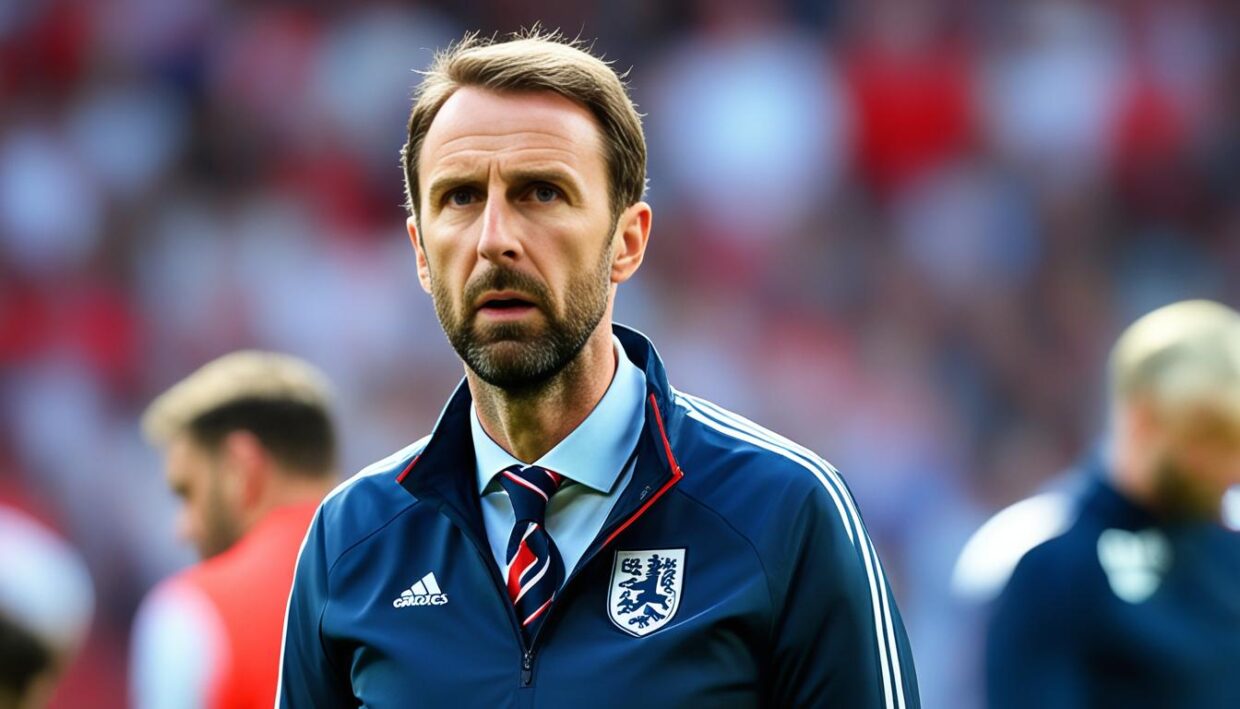
| Tournament | Goals Conceded | Average Shots per 90 Minutes | Expected Goals (xG) |
|---|---|---|---|
| Euro 2020 | 3 | 10.5 | 0.86 |
| Euro 2024 (Projected) | (To be determined) | (To be determined) | (To be determined) |
Conclusion
The journey of England football, symbolized by the legacy of the Three Lions, is one marked by resilience and growth. Under Gareth Southgate’s guidance, the team has reached three semi-finals and a quarter-final in four major tournaments, showcasing both their talent and potential. Players like Jude Bellingham and Bukayo Saka have emerged as bright stars, signaling a promising future of England football.
Despite facing challenges, including a lack of creative offensive play at times, the squad’s depth in attacking positions is reassuring. The performances of players such as Kobbie Mainoo and Luke Shaw, alongside crucial saves by goalkeeper Jordan Pickford, emphasize a strong foundation for continuous football development. As the team gears up for upcoming competitions, there is a collective focus on refining strategies and building on past experiences.
Looking ahead, England’s commitment to nurturing talent and enhancing team dynamics will be vital to reclaiming their place among football’s elite. The potential seen in the current squad inspires hope and anticipation for what lies ahead, as the Three Lions strive to fulfill their rich legacy and elevate the nation’s footballing ambitions.





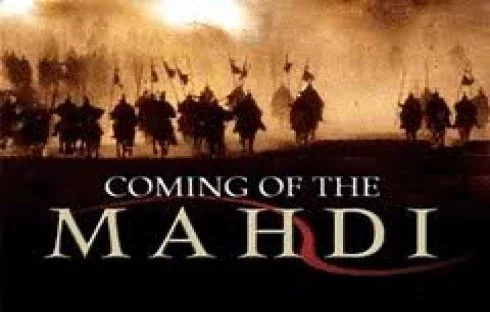













Be the first to leave a comment